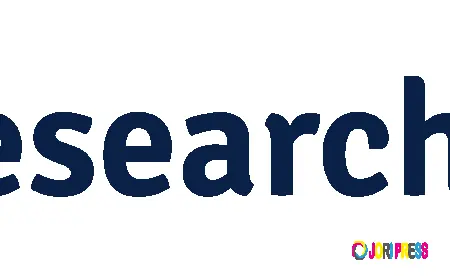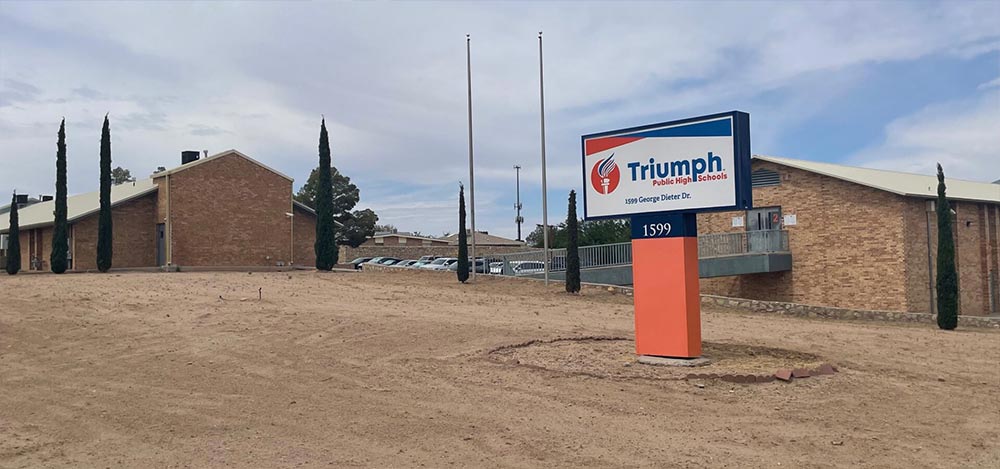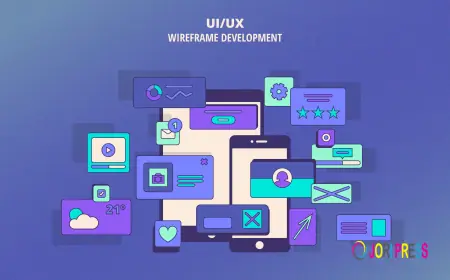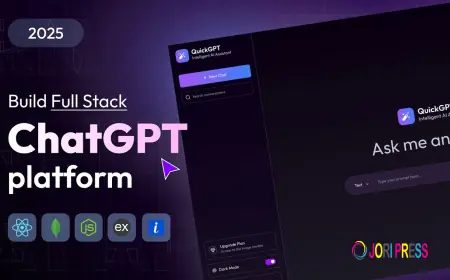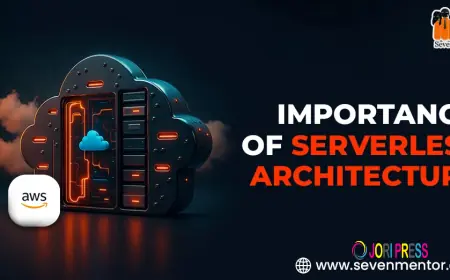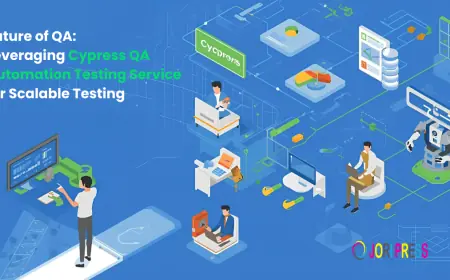How Professional Token Development Services Accelerate Blockchain Innovation
Discover how professional token development services accelerate blockchain innovation by offering secure, scalable, and compliant solutions for businesses and startups.

The blockchain landscape is undergoing rapid transformation. From decentralized finance (DeFi) to non-fungible tokens (NFTs), from supply chain transparency to digital identity management, blockchain technology is reshaping the digital economy. At the heart of this evolution lies tokenization—the process of creating cryptographic tokens on blockchain networks.
But creating tokens that are secure, scalable, and successful in a competitive market requires deep technical knowledge, compliance with evolving regulations, and strategic foresight. This is where professional token development services come into play. These services don’t just build tokens; they drive blockchain innovation by empowering businesses and startups to bring game-changing ideas to life.
1. Understanding Token Development Services
Token development is the process of creating digital tokens on blockchain networks such as Ethereum, Solana, Binance Smart Chain (BSC), Polygon, and others. These tokens can represent assets, utilities, voting rights, or access privileges. Token development services typically include:
-
Custom token creation (fungible and non-fungible)
-
Smart contract development and auditing
-
Tokenomics consulting
-
Blockchain integration
-
Wallet and platform compatibility
-
Security enhancements
-
Token launch and marketing support
Professional firms provide end-to-end support—from ideation to post-launch maintenance—enabling clients to focus on their core value proposition while experts handle the blockchain backend.
2. Speeding Up Time-to-Market
Innovation in blockchain moves fast. Missing the right market timing can lead to lost opportunities. Professional token developers bring proven frameworks, reusable smart contract templates, and deployment automation that significantly reduce development cycles.
For startups and enterprises alike, this speed is crucial. Launching a token in weeks instead of months can help gain first-mover advantage, attract early investors, and secure partnerships. Moreover, faster development means more time for marketing, community building, and feedback collection before competitors catch up.
3. Ensuring Technical Excellence and Security
Blockchain technology is inherently secure, but tokens can be vulnerable if not developed properly. Code exploits, reentrancy attacks, and contract bugs have caused millions in losses across projects. Professional token development services offer audited smart contracts and follow industry best practices such as:
-
Use of secure coding standards (e.g., OpenZeppelin libraries)
-
Formal verification and automated testing
-
Manual code reviews by experienced blockchain engineers
-
Simulated attack testing (white-hat hacks)
-
Compliance with token standards (ERC-20, BEP-20, SPL, etc.)
This level of rigor ensures that the token functions as intended, resists attacks, and builds user trust—crucial for driving adoption and long-term success.
4. Enabling Regulatory Compliance
Global regulatory scrutiny around digital assets is intensifying. Jurisdictions are setting rules for token classification (utility, security, governance), KYC/AML requirements, and tax compliance. Launching a token without regulatory foresight can lead to fines or shutdowns.
Professional token development firms incorporate compliance checks from the start. This includes:
-
Token structuring based on legal advice
-
Integration of identity verification (KYC/AML)
-
Geo-blocking features for restricted regions
-
Regulatory reporting tools and dashboards
-
Smart contract clauses for governance and audits
By aligning with legal frameworks, developers help projects stay compliant and build investor confidence—especially in institutional and enterprise contexts.
5. Supporting Multi-Chain and Interoperable Solutions
The blockchain space is no longer dominated by a single chain. Ethereum, Solana, Avalanche, BSC, and Layer-2 solutions like Arbitrum and Optimism have emerged as viable options. Each offers unique benefits in terms of speed, cost, or community support.
Professional token development services understand the multi-chain landscape and help clients select the right platform. They also enable:
-
Cross-chain token bridges
-
Multi-chain token issuance
-
Interoperable smart contracts
-
Compatibility with wallets and dApps
Such interoperability expands the token’s reach across ecosystems, boosts liquidity, and attracts a wider user base—key components for blockchain innovation.
6. Empowering Decentralized Business Models
Tokenization enables a new breed of decentralized business models—DAOs (Decentralized Autonomous Organizations), DeFi protocols, play-to-earn games, social tokens, and more. These models rely on sophisticated smart contracts, tokenomics, and community-driven governance.
Professional developers provide strategic consulting to implement these models effectively:
-
DAO frameworks with governance tokens and voting mechanisms
-
DeFi token utility such as staking, farming, and liquidity provision
-
NFT and metaverse integrations
-
Revenue-sharing contracts and reward systems
-
Token vesting and treasury management tools
This not only fuels innovation but also aligns incentives between creators, users, and investors, fostering sustainable ecosystems.
7. Optimizing Tokenomics and Utility
Even the best-built tokens can fail without proper tokenomics—the economic design that governs the supply, demand, and utility of a token. Poorly designed tokenomics leads to inflation, loss of value, or investor disinterest.
Token development services work with tokenomics experts to craft:
-
Supply models (fixed, deflationary, mintable)
-
Use cases within the ecosystem (utility, rewards, governance)
-
Distribution plans (IDO, airdrops, private sales)
-
Incentives for users and holders
-
Burn and buyback mechanisms
Robust tokenomics ensures that tokens have lasting value and contribute meaningfully to the platform’s success—thereby promoting innovation through adoption.
8. Providing Post-Launch Support and Upgrades
Innovation doesn’t end at token launch. Projects evolve, communities grow, and technical updates become necessary. Professional token development providers offer post-launch support, including:
-
Smart contract upgrades (via proxy patterns or redeployment)
-
Bug fixes and security patches
-
Gas optimization and performance improvements
-
Community feature integration
-
Ongoing compliance updates
Such support ensures that innovation continues beyond the MVP (minimum viable product), and tokens adapt to the dynamic blockchain ecosystem.
9. Driving Market Visibility and Adoption
A technically sound token still needs visibility and traction. Many token development providers now include marketing and community-building support such as:
-
Token listing assistance (on CEXs and DEXs)
-
Community platform setup (Telegram, Discord, etc.)
-
Influencer outreach and PR campaigns
-
Whitepaper and pitch deck creation
-
Airdrop and bounty campaign strategies
By combining technical and marketing strategies, they accelerate token adoption and help projects become trendsetters in their domains.
10. Catalyzing Industry-Specific Innovations
Different industries leverage blockchain in unique ways. Token developers help customize tokens for specific sectors such as:
a. Finance and DeFi
-
Governance tokens for decentralized exchanges
-
Stablecoins and wrapped assets
-
Yield farming and staking mechanisms
b. Gaming and Metaverse
-
In-game currencies
-
Player-owned assets as NFTs
-
Reward tokens and loot box systems
c. Healthcare
-
Tokenized patient records
-
Reward tokens for health goals
-
Data-sharing incentives
d. Supply Chain
-
Tokens for tracking ownership or carbon credits
-
Smart contract automation of logistics
e. Real Estate
-
Tokenized ownership of property
-
Rental income distribution via smart contracts
These industry-specific use cases wouldn’t be possible without expert token developers who understand both blockchain and business domain needs.
11. Enhancing Developer Ecosystems
Professional token developers often contribute to the broader open-source ecosystem, building libraries, tools, and SDKs that others can use. This enriches the developer landscape, reduces barriers to entry, and inspires more innovation.
In addition, some firms build white-label token solutions, allowing startups to deploy their own tokens with minimal technical effort—enabling rapid experimentation and MVP testing.
12. Inspiring the Next Generation of Web3 Projects
Finally, professional token development services serve as mentors and enablers for new entrepreneurs in the blockchain space. Through technical consulting, incubator programs, and strategic partnerships, they empower founders to turn bold ideas into viable blockchain products.
They bridge the gap between vision and execution, helping dreamers become disruptors in the ever-evolving world of Web3.
Conclusion
Token development is not just a technical service—it’s a strategic catalyst for blockchain innovation. From enabling faster development cycles and stronger security to aligning with regulations and unlocking new business models, professional token development services play a critical role in pushing the industry forward.
Whether you’re a startup launching your first crypto token, or an enterprise exploring blockchain solutions, partnering with a skilled token development firm can give you the speed, scale, and strategy you need to succeed in the decentralized future.
What's Your Reaction?
 Like
0
Like
0
 Dislike
0
Dislike
0
 Love
0
Love
0
 Funny
0
Funny
0
 Angry
0
Angry
0
 Sad
0
Sad
0
 Wow
0
Wow
0

